Reputation is the biggest unmanaged risk at most Family Offices
The high-risk-velocity of information has raised the stakes
In the Single Family Office world, few assets are as invaluable as reputation. With the evolution of AI, this intangible yet highly influential resource has become a primary vector for shaping private, commercial, investment and philanthropic outcomes.
The high-risk-velocity of information means that in today’s interconnected world, social media, real-time news, and instantaneous communication have amplified the stakes. Even a seemingly innocuous incident can easily become an adverse component of an international reputation.
The consequences of an unmanaged reputation risk becoming manifest can have far-reaching consequences for a family’s wealth, legacy, and future opportunities. A single misstep, whether in decisions, dealings, or public perceptions, can spiral into a loss of reputation that takes years to rebuild. A single misjudgement or negative public exposure, perhaps from a litigation, can quickly spread beyond its context, leading to damage.
Yet reputation is often the biggest unmanaged risk within a Family Office.

Why reputation is so often unmanaged by Family Offices
There are many reasons why reputation is so often an unmanaged risk within so many Single Family Offices:
1. Lack of Formal Governance
Many Single Family Offices operate informally, often without structured oversight or checks. As a result, key family members or executives may not prioritise reputation management. This absence of formal governance leads to reactive rather than proactive risk management and makes it all too easy to overlook unmanaged reputation risk until it is too late.
2. Complacency Due to Legacy and Trust
Many Single Family Offices manage the wealth of families that have been established for generations. With this legacy often comes a sense of security that reputation is not something that needs managing. Many families have built longstanding processes over the years, and there is a belief that the status quo is self-sustaining.
3. Focus on Investment Strategy and Financial Performance
Family offices tend to be laser-focused on optimizing financial performance and investment strategy. With the growing complexity of wealth management, many family offices prioritise returns, diversification, and risk mitigation in their investment portfolios.
Yet a damaged reputation can affect a family’s access to new opportunities, investment deals, and ventures; and in extremis can force low-value fire-sale exits if deemed to have brought a portfolio company into disrepute.
4. Complex Relationships and Lack of External Oversight
Single Family Offices often work closely with a small group of trusted advisors, legal professionals, and service providers. This tight-knit structure can lead to insularity and a lack of outside perspectives on evolving risks. This is highly relevant in reputation management, where rapid technological change has changed the risk landscape.
The risks of neglecting reputation management
Failing to properly manage reputation can expose a Single Family Office to multiple risks including:
1. Loss of Trust
Reputation is inextricably linked to trust. A Single Family Office’s success is often driven by relationships and if the family office’s reputation becomes tarnished, these relationships can deteriorate, potentially limiting future opportunities, investments, and collaborations. Most private, commercial and philanthropic projects are built upon ‘good faith’ relationships which quickly dissipate when undermined by an adverse reputation.
2. Public Scrutiny and Legal Repercussions
Reputation damage often coincides with legal issues, particularly in the areas of compliance, governance, and regulatory obligations. Family offices dealing with high-profile assets or investments may also be subject to greater public scrutiny, making them more vulnerable to reputation risks. A poorly handled controversy or litigation could invite unwanted attention, with long-term implications for the Family Office’s credibility.
3. Impact on the Family Legacy
A reputation crisis can also threaten the family’s legacy. Many family offices are deeply connected to the founding family’s personal values, history, and image.
Reputation is not just about managing external perceptions — it’s also about safeguarding the legacy that the family wishes to leave behind. A damaged reputation can tarnish the hard-earned legacy and jeopardize future generations’ standing and reputation; potentially limiting and restricting their ability to transact their desired outcomes.
How a Family Office can manage reputation risk effectively
Proactively managing reputation risk requires a comprehensive and holistic approach that integrates it into the Single Family Office’s overall governance and strategic operations.
A few key strategies to mitigate this risk might include:
1. Buy In Clear Governance and Oversight
Buying in outside advisors such as Michael Macfarlane Associates can introduce better Governance and ensure that reputation risks are regularly assessed. A Single Family Office should have clear processes in place to evaluate its public image, including media monitoring, social listening, stakeholder engagement, and risk assessments. It should also have a proactive strategy of profile building in place that is aligned with what is needed in a world where reputation is primarily mediated by AI.
2. Commission a Crisis Communication Plan
Proactively preparing for potential crises — whether related to financial missteps, legal issues, or other controversies — can significantly reduce the impact of reputation damage. A well-crafted crisis communication plan by a specialist such as Michael Macfarlane Associates should outline how to respond to negative press, public relations disasters, or social media backlash. Being prepared allows a Family Office to respond quickly to assert the true position and maintain control of the narrative.
3. Be Transparent and Substantive
A key facet of the new era of AI-mediated reputation is that AI powered search has the power to ‘trust but verify’. This means that what appears in mainstream media matters, but is not definitive for reputation.
Actively engaging in projects and initiatives supported by turnkey providers such as Michael Macfarlane Associates lends substance to a ‘true’ reputation; which can be amplified through creative and comprehensive strategies of content and communications outside of mainstream media.
Families who are active in philanthropic initiatives in particular should ensure these efforts align with their values and are communicated effectively to synthesise them into a reputation.
4. Regular Reputation Audits
Conducting regular reputation audits helps identify vulnerabilities and areas for improvement. Family offices can engage third-party professionals such as Michael Macfarlane Associates to conduct these audits and to spot any emerging issues before they escalate into full-blown crises.
Conclusion
Reputation management is not a one-time effort, but a continuous process — one that requires attention, diligence, and a deep understanding of its impact on the broader risk profile and success of the Single Family Office.
By taking proactive steps to proactively manage reputation, Single Family Offices can ensure their long-term viability, preserve their legacy, and safeguard their wealth across generations.


